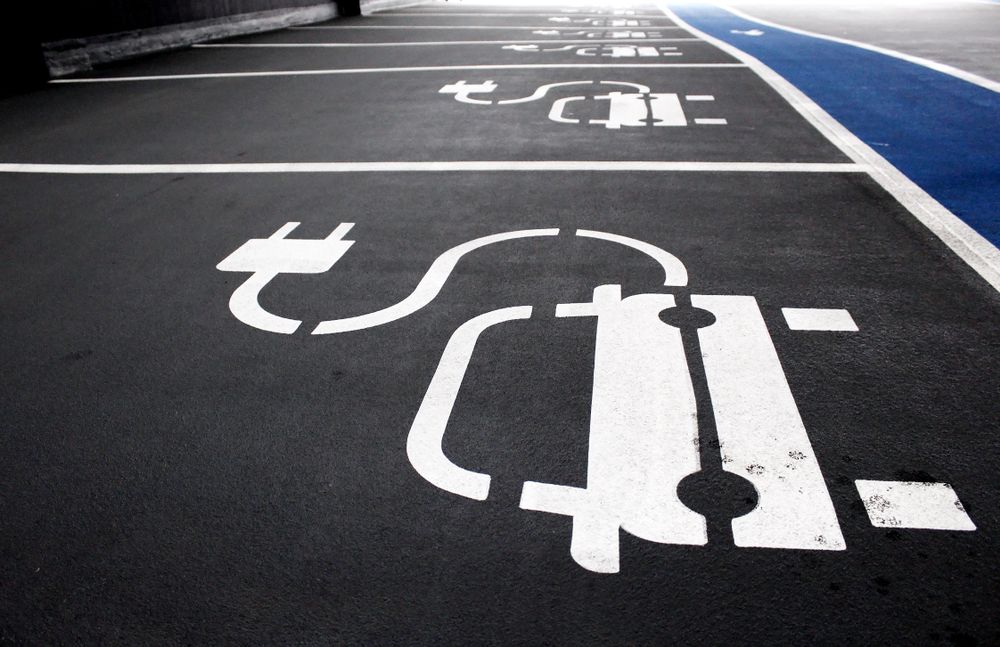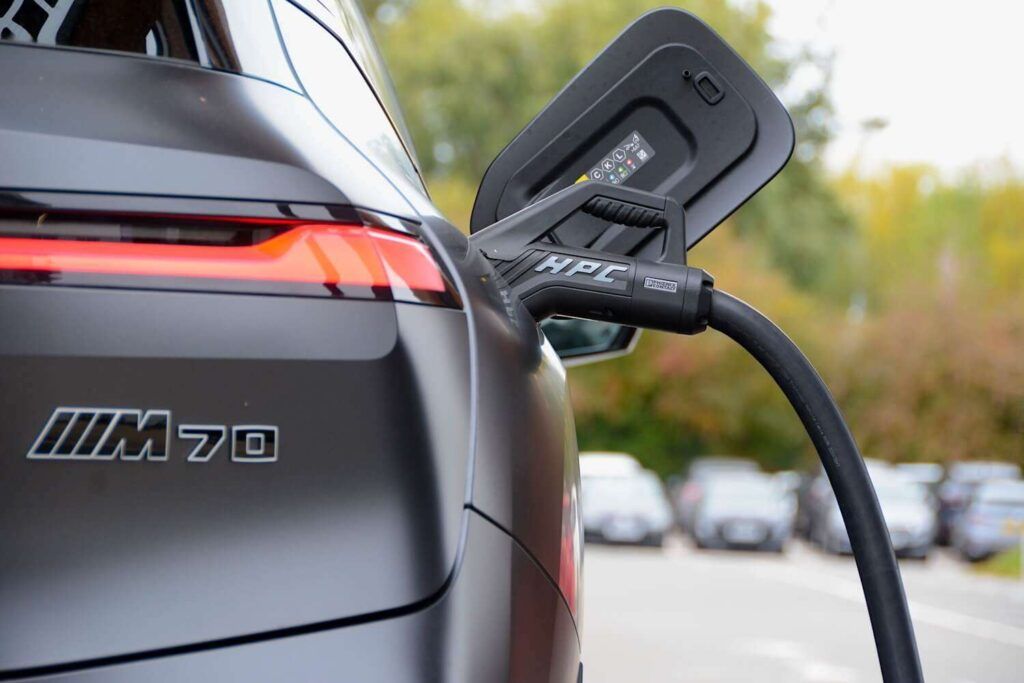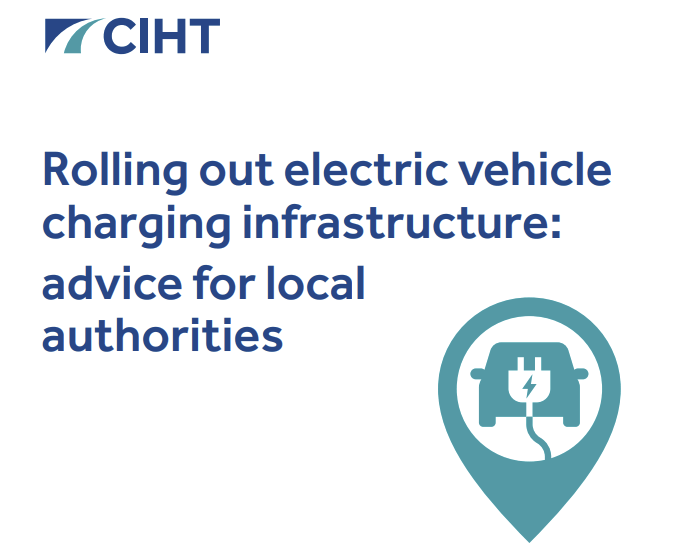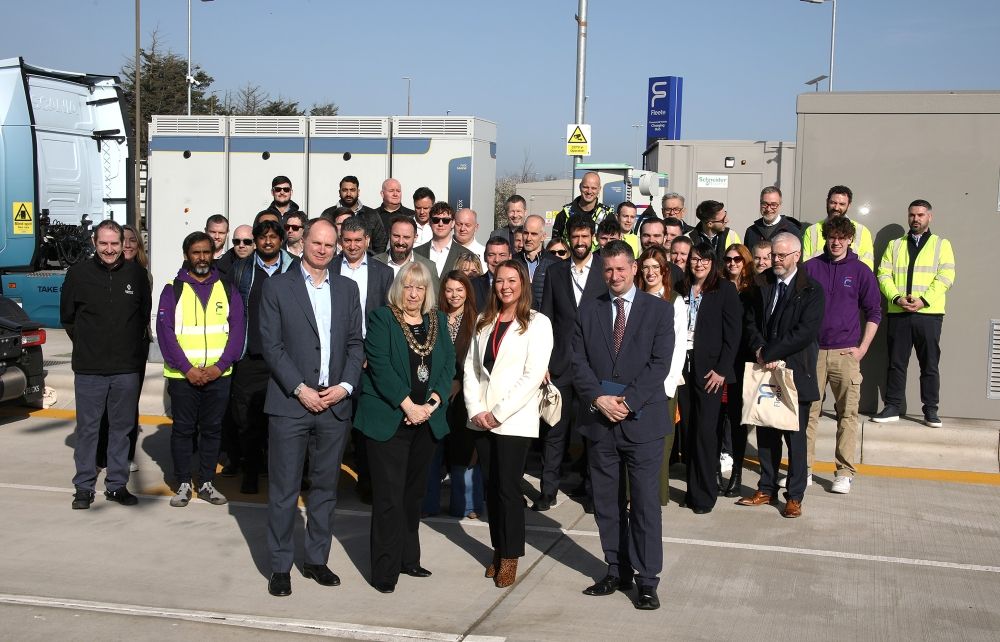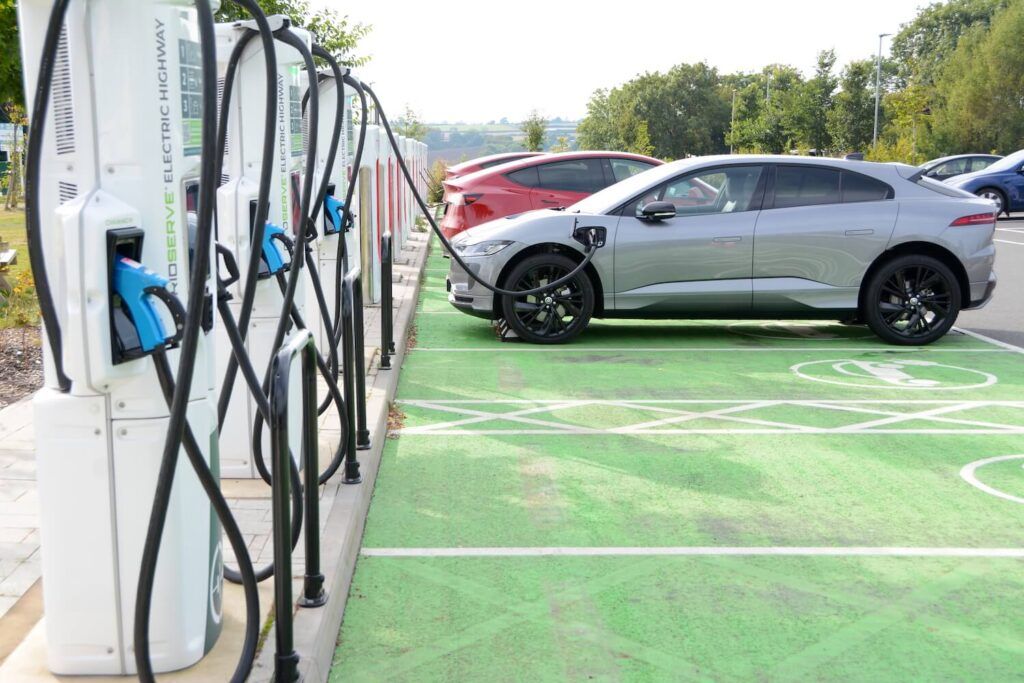Energy demand from electric vehicles (EV) across Great Britain will hit 80TWh by 2050, and more than 25% will come from those who are unable to charge off-street, according to a new report.
The study by net zero consultancy Field Dynamics revealed that current charger deployment is six years ahead of EV rollout, but capacity will need to grow by approximately 22.7TWh to meet 2050 demand.
It also highlighted spatial variations in both public charging ‘need’ as well as existing charger rollout and capacity.
While it said that existing overall capacity is “theoretically able to meet total demand until 2031”, there were three local authorities, including Westminster and Hammersmith & Fulham, which already had enough chargers to meet 2050 demand. But elsewhere EV demand across eight local authorities will exceed the
currently installed capacity by 2026.
Some 21Twh of the overall 2050 need will be from on-street charging, with local authorities such as Birmingham (337MWh), Glasgow (279 MWh) and Edinburgh (237 MWh) seeing the highest levels of public need.
Other key findings from the research included the average mileage across the country is 137 miles a week, but this was “significantly higher” for large LGVs at 236 miles. Also, it found that the majority of the 2050 requirement for on-street charging – 18TWh of the 21TWh total – will be in England.
The new analysis aims to offer insights for CPOs, DNOs and Councils to assess eventual load / demand within their respective areas, but also to help them understand how many chargers are required, where they should be installed and when they are needed.
Field Dynamics’ Managing Director, Craig Stephenson, said:
“This report is a timely reminder that while the UK’s EV infrastructure is, on the whole, ahead of demand, we cannot afford to be complacent. The real story lies in the local detail—some areas are charging ahead, while others are facing imminent shortfalls.
“By identifying where and when demand will emerge, we’re giving stakeholders across the sector the data they need to plan strategically and invest wisely. The transition to net zero isn’t just about how fast we move, but how intelligently we do it.”
Image from Shutterstock




